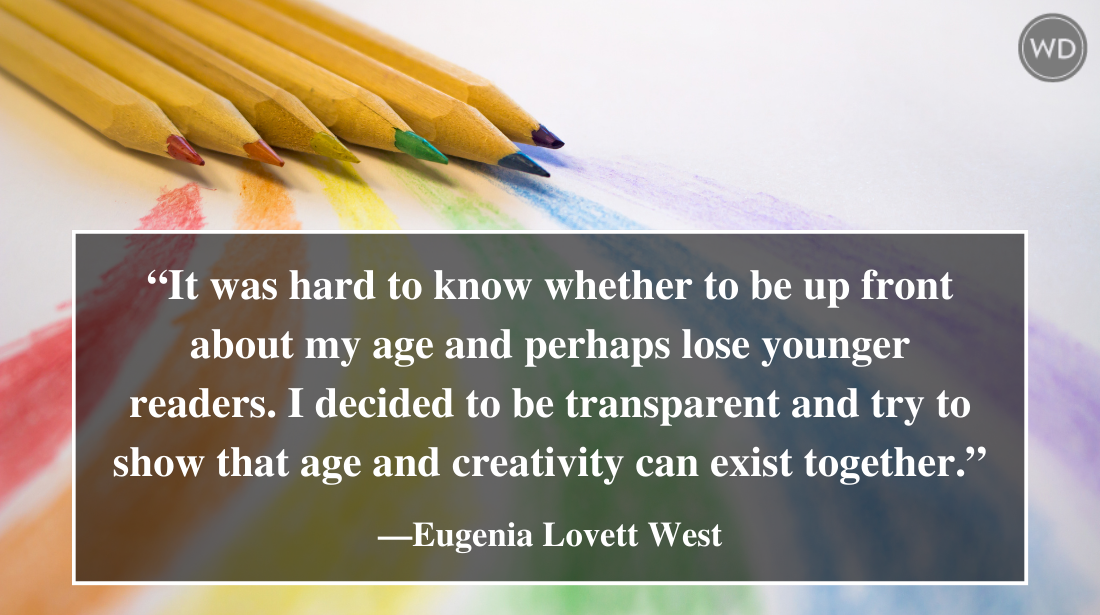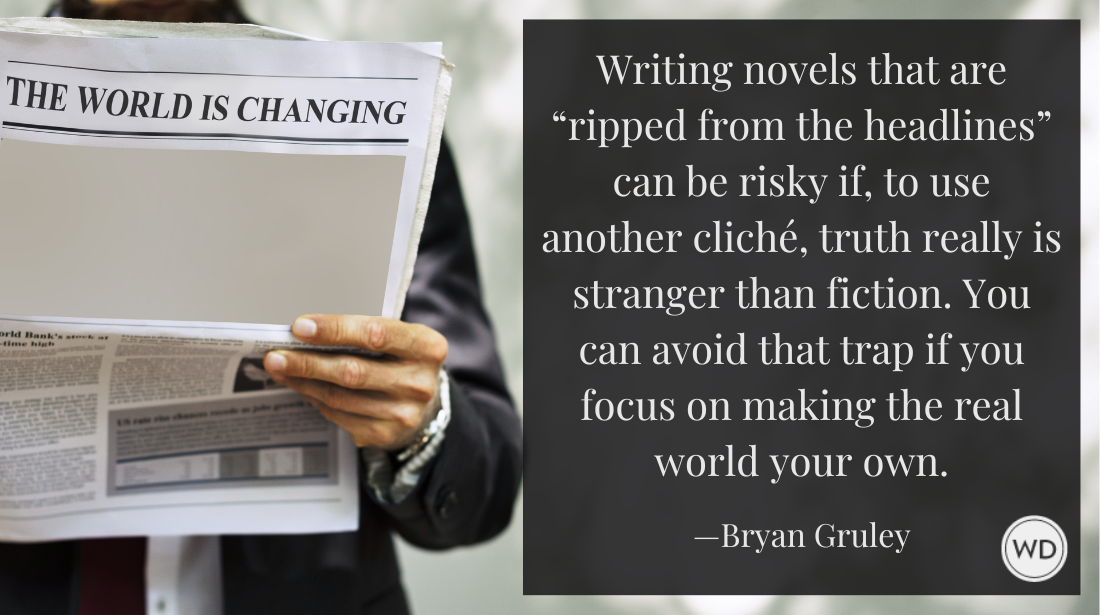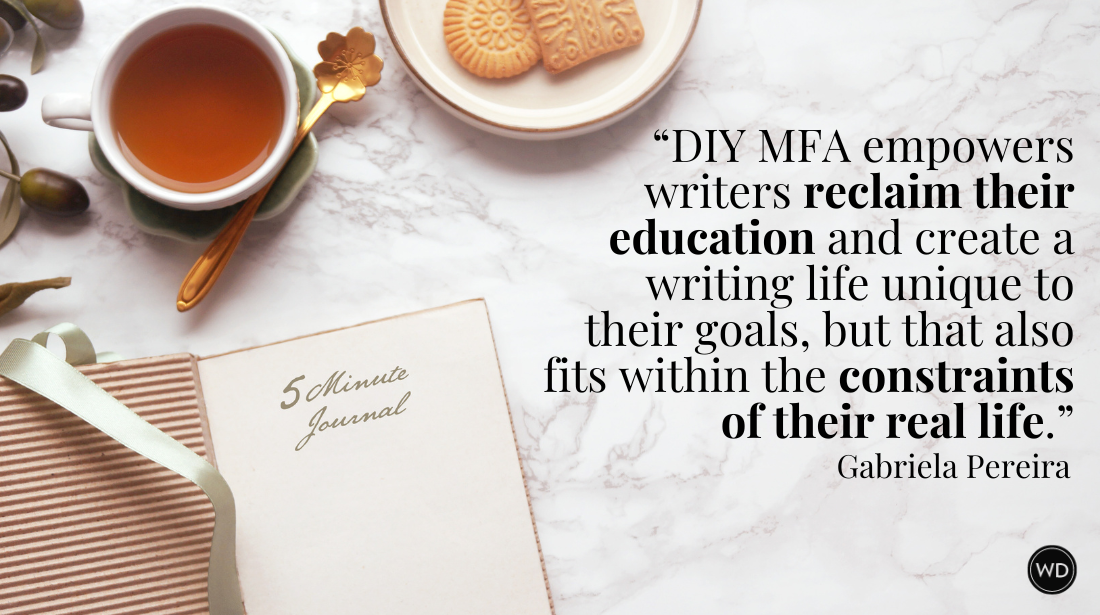The Artistic Unconscious (Never Avert Your Eyes)
Today’s guest post is from the always authentic Darrelyn Saloom. Follow her on Twitter, or read more of her guest posts here. Above: “Queen of Heaven”, oil on canvas, by…
Today's guest post is from the always authentic Darrelyn Saloom. Follow her on Twitter, or read more of her guest posts here. Above: "Queen of Heaven", oil on canvas, by Wayne Ditch.
The first day on a quest to collect narratives from my mother, I
realized how fundamentally unprepared I was for the job. As we dug
through and organized boxes of old photographs, Mama told me the story
behind each one. But listening was not always easy. Some of the images
made me uncomfortable. I’d look away, pick up another snapshot, and then
change the subject.
Frustrated, I went home with an empty
notebook. Unable to write a single sentence, I decided to read the
spring issue of Writers Ask, a quarterly publication of author
interviews that has never failed to inspire me. I realized my mistake on
the fourth page when Pulitzer Prize winner, Robert Olen Butler,
responded to a question about his talent for “inhabiting people who are
way outside yourself.”
The thing about the artistic unconscious
is that, well, first of all, it’s scary as hell there, and that’s why to
be an artist means never to avert your eyes, because your impulse, your
deepest impulse, is to flinch, to look away. That’s why so many writers
are very comfortable in their heads—it’s safe there.
Butler’s
reply was a perfect description of what I’d done while visiting my
mother. I looked away when I didn’t like the picture in front of me. And
I stopped listening when I disapproved of her story. My mother stood
before me, yet I refused to see her. It was safer that way. I could just
make up my own tale of a conventional mom.
And that was an
enormous mistake. The beauty of Mama’s life is that she never followed
the rules of convention. She has spent eighty-three years in defiance.
Her story is of a rebellious girl who refused to learn to cook, sew, or
embrace anything domestic. She joined the army during the Second World
War. But mostly she worked to earn her own money. She did marry, but
often, and in a blaze of passion.
So if you go into your
unconscious and you don’t avert your eyes and you do that day after day,
story after story, book after book, eventually you will break through
to a place where you are neither male nor female, neither black, white,
red, or brown, neither Christian, Muslim, Sikh, Hindu, or Jew, … You
are human. … And if the authenticity comes from that deep place,
and if your life experiences are eclectic and broad and intensely
observed on the surface levels as well, because that’s important, then
you can draw that universal human authenticity up through the vessels of
characters, who might be, on the surface, quite different from you.
As
I read the interview, I wondered what it would be like to visit my
mother and not see her as Mother. Not some projected idea of what I want
her to be. Just allow the stories to flow, not close my eyes or look
away. Listen without judgment or manipulation, anger or pain. In other
words, visit my mother from the same place I go to as a writer in an
effort to create.
Part of the reason artists are who they are is
so they can reassure the world that the things that seem to divide
us—race, gender, culture, ethnicity, religion—are not nearly as
important as the things that unite us. And we never question the
artist’s ability to do that in realms that I would suggest require a
greater leap of imagination than leaping over matters of gender and race
and so forth. For example, I am a middle-aged white male, born in the
Midwest, I am an only child. My parents, last December, celebrated their
sixty-eighth wedding anniversary. And not a day has gone by when we
have not been in contact with each other, and most days the word love is
freely and sincerely exchanged.
I imagine Robert Olen Butler
lives by his words. It’s reflected in his impressive body of work. It’s
also reflected in his relationship with his parents. I love my parents,
too. So my quest has expanded. As I collect Mama’s stories, I shall
practice being human. Not Daughter questioning Mother, but as one person
to another. And this time, my goal is to leap into the artistic
unconscious and not avert my eyes.
--
Editor's note: If
you didn't know, Writer's Digest published two compilations of the best material from the Writers Ask
newsletter (via Glimmer Train). Check them out: Volume
2.
Jane Friedman is a full-time entrepreneur (since 2014) and has 20 years of experience in the publishing industry. She is the co-founder of The Hot Sheet, the essential publishing industry newsletter for authors, and is the former publisher of Writer’s Digest. In addition to being a columnist with Publishers Weekly and a professor with The Great Courses, Jane maintains an award-winning blog for writers at JaneFriedman.com. Jane’s newest book is The Business of Being a Writer (University of Chicago Press, 2018).









